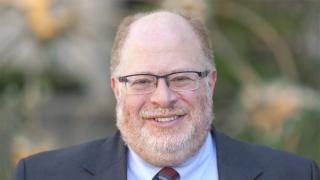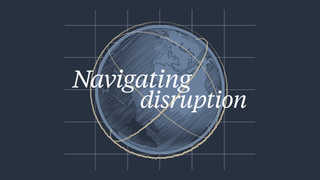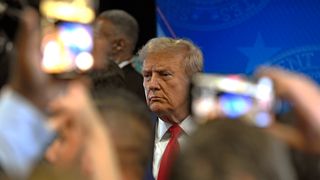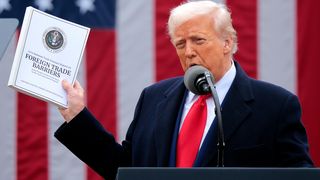In the aftermath of World War II, the United States set about building a global, rules-based economic order. At the heart of that order, it put the liberal values of free trade and the rule of law. Over the next seven decades, the order, backed by US power and bolstered by its growing legitimacy among other countries, prevented most economic disputes from escalating into mutually destructive trade wars, let alone military conflict. That allowed even the smallest and poorest countries to develop their social and economic potential without having to worry about predation by stronger neighbours. By taking much of the fear out of the global economy, the US-led order allowed market decisions to be driven by business, not bullying.
Today, that order is under threat. US President Donald Trump has rejected the idea that the world’s economies all benefit when they play by the rules. If the United States continues its retreat from economic leadership, it will impose serious pain on the rest of the world — and on itself.
At this event, Adam Posen surveyed what lies ahead for the role of the United States in the world economy.
Adam S. Posen has been president of the Peterson Institute for International Economics since January 2013, after first joining in July 1997. Over his career, he has written about the financial and economic challenges faced by the European Union following the adoption of the euro, the lasting impact of Japan's economic crisis of the 1990s, and monetary and fiscal policies in the G-7. While at the Federal Reserve Bank of New York during 1994–97, he coauthored Inflation Targeting: Lessons from the International Experience with Ben Bernanke and others. He was one of the first scholars to seriously address the political foundations of central bank independence.
This event was jointly presented by the USSC's Trade and Investment Program and Corrs Chambers Westgarth.








